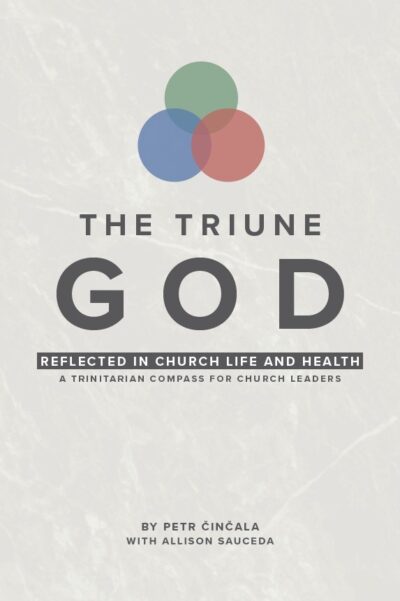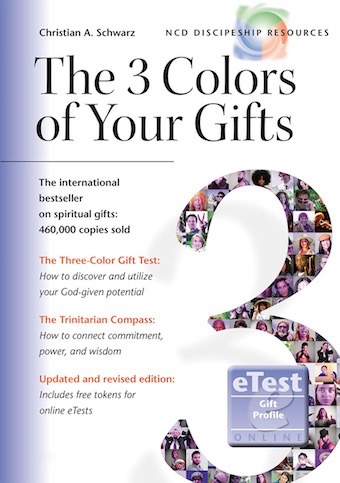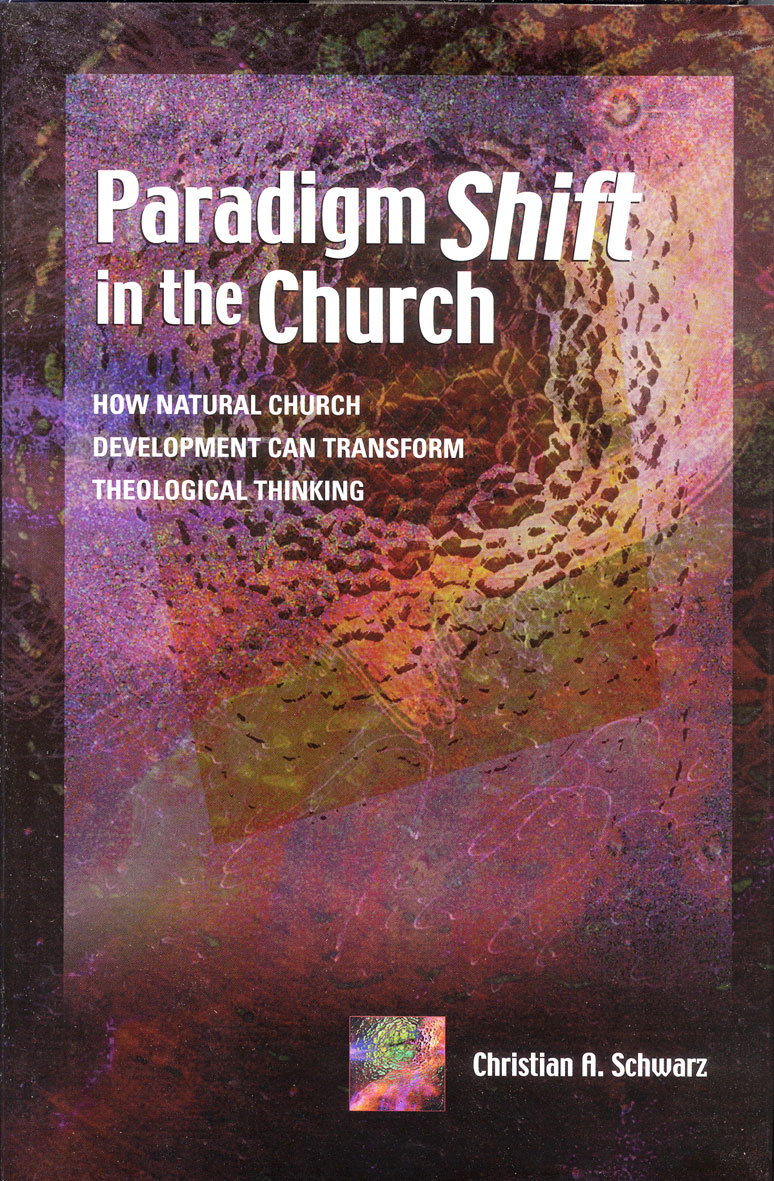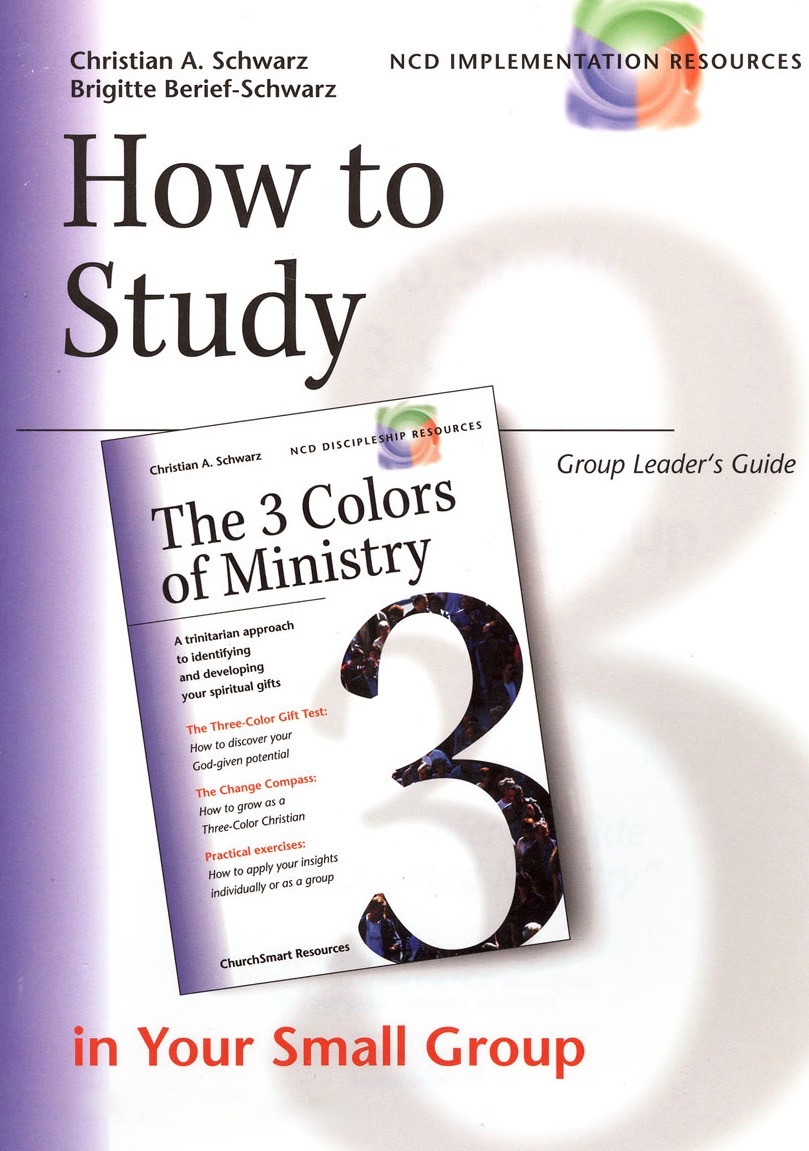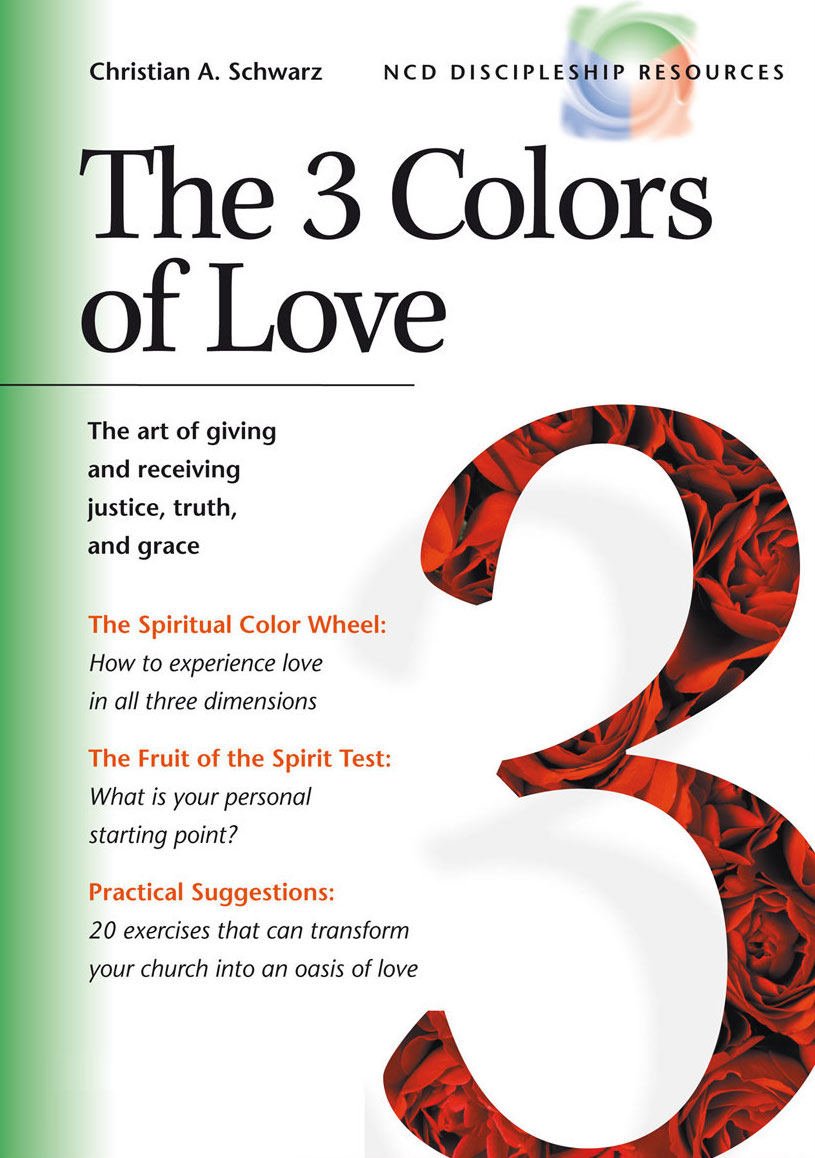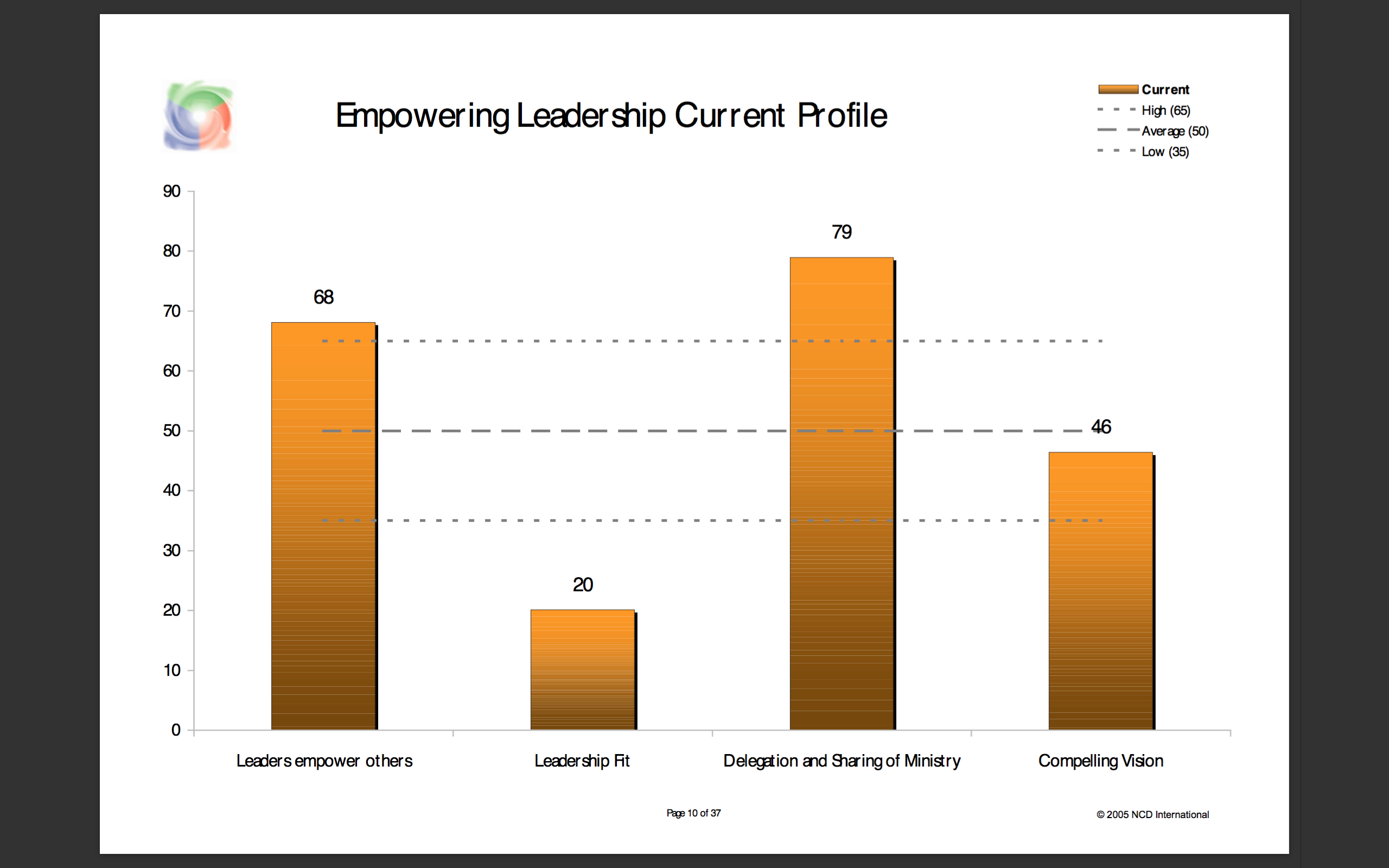Discovering Your Starting Line
Have you ever played a board game with a child?
My six-year-old son loves to play “Candy Land.†The game is simple enough to play: draw a card with a colored square on it, then move your token to the next square that is the indicated color. By doing so, you advance around the board until you reach the “King Kandy’s Palace.†The first person to reach the palace is the winner.
However, every time we set up to play, my son wants to start with his piece advanced ahead of mine. He doesn’t want to place his token at “Start;†he wants to win, so he frequently gives himself a generous head start. However, we all know you can’t start a game from the middle; you must begin at the starting line.
Discovering Your Starting Line
The situation is similar when you consider the presence of the three colors in your life. Doing so helps you determine your strengths and weaknesses (your “starting lineâ€) so that you can map out the appropriate path for growth.
The process is simple enough:
Are you lacking power?
Strengthen your spiritual gifts.
Is commitment your weakness?
Relate your gifts to concrete services.
Have you done this and still find your ministry is not as fruitful as you would like it to be?
Strive for more wisdom. (Schwarz, 2001, p. 21)
God Uses Imperfect People
If you are feeling incompetent and concerned that you are not up for the task, here’s the good news: God can–and does!–use imperfect people. He does not rebuke us for our weaknesses, but instead acknowledges our strengths. That is, He starts by appreciating and affirming our color/dimension of strength before He gently compels us examine areas in which we may be weak. To put it in the terminology of our three-color diagram, God wants to grow our colors of weakness, drawing us ever closer to the center of the three-color paradigm, into a better understanding of and closer relationship with Him.
If we look to the Bible, we see examples of characters that had different strengths and weaknesses:
- “Doubting Thomas†was strong in wisdom (John 14:5–6), but weak in power and commitment (John 20:25–28).
- Martha (sister to Lazarus and Mary) was strong in commitment/service (Luke 10:38–42), but weak in power (John 12:2–3) and wisdom (Luke 10:39–42).
- Mary (sister to Lazarus and Martha) was strong in power (John 12:3; Luke 10:39), yet was weak in commitment and wisdom.
- Moses was strong in commitment and wisdom (Acts 7:22); however, he was weak in power (Exodus 4:10; Exodus 17:10–13; Exodus 18).
- Peter was strong in power and commitment (Matthew 14:28; Matthew 26:69–75), yet weak in wisdom (John 18:10–11).
- Jonah was strong in wisdom (Jonah 3:5) and power (Jonah 1:16), but weak in commitment (Jonah 1:3).
Can You Identify Your Spiritual Gifts?
Part of determining your starting point (or “starting lineâ€) is understanding your spiritual gifts. In the New Testament, we are told that every member of the body of Christ has been given at least one spiritual gift. Between 2008 and 2017, NCD International surveyed over a quarter of a million people in the USA alone; of that number, only about half (51.5%) were certain about knowing their gifts, and felt that the tasks they performed in the church matched their gifts.
Yes, every member of the body has been given spiritual gifts. If you don’t know what your gifts are, it does not mean that you are not gifted; it simply means that you have not yet discovered your gift(s). It is also possible that you have been working in an area of church ministry for which you are not actually gifted. Once you discover the special abilities with which God has gifted you, you will be able to see fruit in your ministry.
A Gift from God
God does not give gifts because we “deserve†them or because we have reached a specific level of spiritual maturity. He gives us gifts because of His grace (Rom. 12:6). There is nothing we can do to earn these gifts or to grow them on our own; since God is the Gift-giver, that work belongs to Him and Him alone.
It is important that we remember that all of the statements about spiritual gifts in the New Testament show that these gifts are to be used in the context off the body of Christ and its growth (Rom. 12, 1 Cor. 12, Eph. 4). Spiritual gifts are not given to individuals for their own personal growth; their primary purpose is to benefit others. “Anyone who withdraws from Christian fellowship cannot use his or her spiritual gifts as God intended†(Schwarz, 2001, p. 43).
Are you ready to grow more? Are you prepared to give yourself an honest evaluation and determine areas in which God can bring you closer to the center? Are you ready to dive in and discover your gifts? My friend, it’s time to approach the starting line . . . God is waiting for you there!
Reference
Schwarz, C. A. (2001). The 3 colors of ministry. St. Charles, IL: ChurchSmart Resources.




